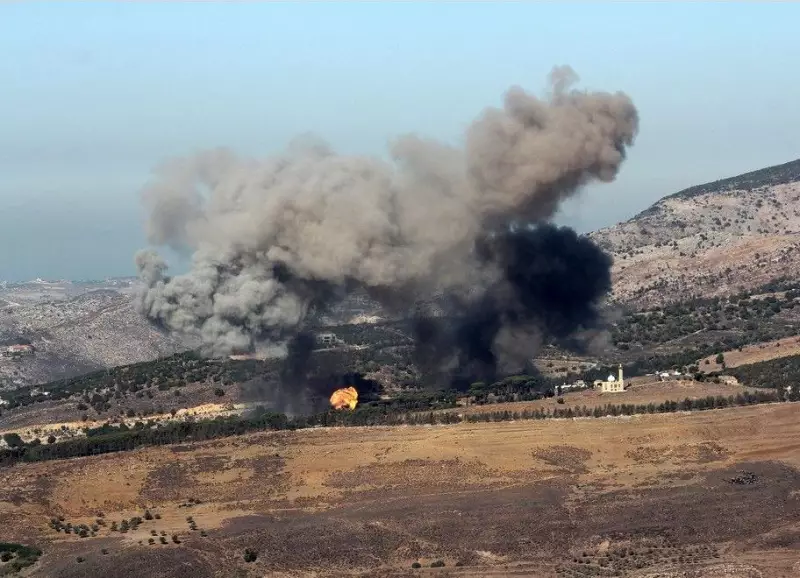
The United States has issued a grave warning to Israeli officials that a full-scale war with Hezbollah could erupt at any moment, according to exclusive intelligence assessments obtained by National Post.
The situation along Israel's northern border has reached a critical tipping point, with U.S. intelligence indicating Hezbollah now possesses more sophisticated weaponry than ever before. This alarming development comes as diplomatic efforts to prevent wider regional conflict appear to be faltering.
The Growing Threat
American officials have privately briefed Israeli counterparts on Hezbollah's rapidly expanding military capabilities. The Iran-backed militant group has reportedly acquired precision-guided missiles and drones that could overwhelm Israel's advanced defense systems.
What makes this situation particularly dangerous:
- Hezbollah's arsenal now includes thousands of rockets capable of reaching major Israeli cities
- The group has developed advanced tunneling networks along the border region
- Iran continues to supply sophisticated military technology despite international sanctions
Diplomatic Efforts Intensify
Behind the scenes, U.S. diplomats are working frantically to prevent escalation. Multiple channels of communication remain open between Washington, Jerusalem, and Beirut, though officials describe the situation as "extremely fragile."
"We're dealing with a powder keg scenario," one senior administration official revealed. "Both sides are on high alert, and miscalculation could lead to catastrophic consequences."
Regional Implications
The escalating tensions threaten to draw in other regional players, including Iran and Syria. Analysts warn that what begins as a border conflict could quickly spiral into a multi-front war, potentially involving U.S. forces stationed in the region.
Key concerns for international observers include:
- The potential for disruption to global energy markets
- Impact on ongoing normalization talks between Israel and Arab states
- Risk of drawing Iran into direct confrontation
As the situation continues to evolve, military analysts stress that the next 48 hours could be decisive in determining whether diplomacy prevails or the region descends into its most serious conflict in decades.





